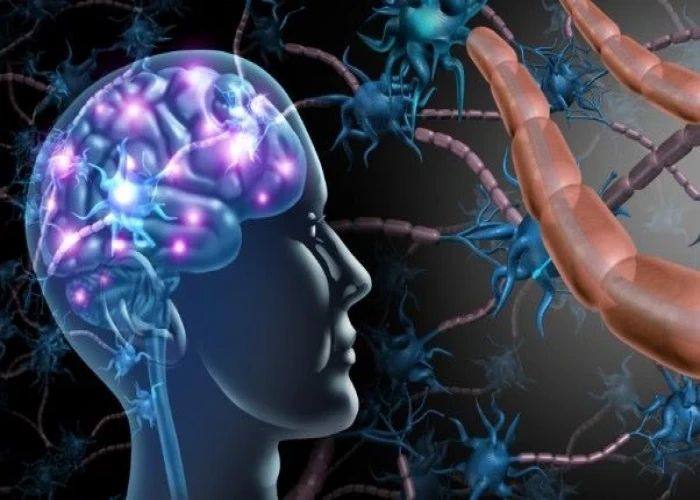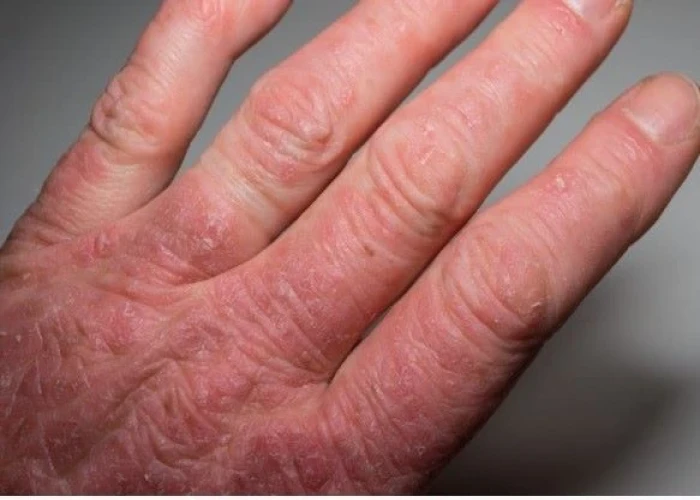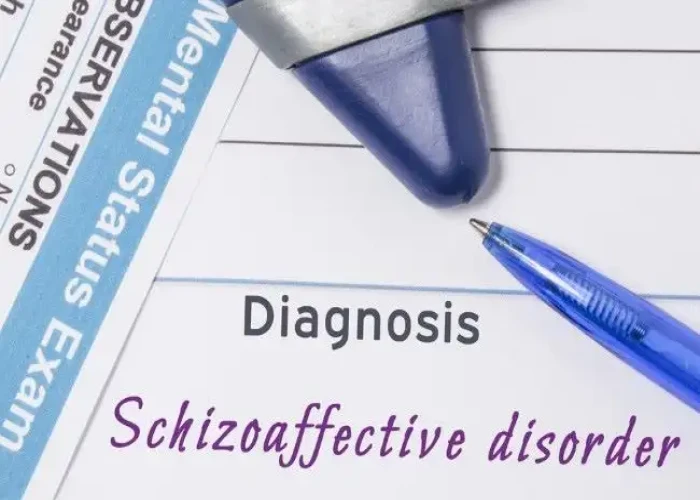 Welcome
Welcome
“May all be happy, may all be healed, may all be at peace and may no one ever suffer."
Schizoaffective disorder

Schizoaffective disorder is a mental health condition that is characterized by symptoms of both schizophrenia and mood disorders, such as depression or bipolar disorder. People with schizoaffective disorder may experience hallucinations, delusions, disorganized speech, disorganized behavior, and other symptoms commonly associated with schizophrenia, as well as mood symptoms such as depression or mania.
The exact causes of schizoaffective disorder are not fully understood, but it is thought to be caused by a combination of genetic, environmental, and brain chemistry factors. The condition is typically diagnosed in late adolescence or early adulthood, and affects men and women equally.
Symptoms of schizoaffective disorder may vary depending on the type of mood disorder present. For example, people with depressive-type schizoaffective disorder may experience low mood, loss of interest in activities, and changes in appetite and sleep patterns, while those with bipolar-type schizoaffective disorder may experience episodes of elevated or irritable mood, grandiosity, and decreased need for sleep.
Diagnosis of schizoaffective disorder usually involves a comprehensive psychiatric evaluation, including a medical history, physical exam, and mental status examination. There are no specific laboratory tests for this disorder, but brain imaging studies such as MRI or CT scans may be performed to rule out other conditions.
Treatment for schizoaffective disorder typically involves a combination of medications, psychotherapy, and supportive services. Antipsychotic medications are often used to treat psychotic symptoms, while mood stabilizers or antidepressants may be used to manage mood symptoms. Psychotherapy, such as cognitive behavioral therapy, may help individuals learn coping skills and manage symptoms more effectively.
With proper treatment and ongoing support, many people with schizoaffective disorder are able to manage their symptoms and lead fulfilling lives. However, the condition can be chronic and may require long-term treatment and monitoring.
Research Papers
Disease Signs and Symptoms
- Confusion (Hallucinations)
- Unusual behavior
- Rapid mood chang
- Delusions — having false, fixed beliefs, despite evidence to the contrary
- Hallucinations, such as hearing voices or seeing things that aren't there
- Impaired communication and speech, such as being incoherent
- Symptoms of depression, such as feeling empty, sad or worthless
- Problems with managing personal care, including cleanliness and physical appearance
Disease Causes
Schizoaffective disorder
The exact causes of schizoaffective disorder are still being investigated, but genetics are likely a factor.
Disease Prevents
Disease Treatments
People with schizoaffective disorder generally respond best to a combination of medications, psychotherapy and life skills training. Treatment varies, depending on the type and severity of symptoms and whether the disorder is the depressive or bipolar type. In some cases, hospitalization may be needed. Long-term treatment can help to manage the symptoms.
Medications
In general, doctors prescribe medications for schizoaffective disorder to relieve psychotic symptoms, stabilize mood and treat depression. These medications may include:
- Antipsychotics. The only medication approved by the Food and Drug Administration specifically for the treatment of schizoaffective disorder is the antipsychotic drug paliperidone (Invega). However, doctors may prescribe other antipsychotic drugs to help manage psychotic symptoms such as delusions and hallucinations.
- Mood-stabilizing medications. When the schizoaffective disorder is bipolar type, mood stabilizers can help level out the mania highs and depression lows.
- Antidepressants. When depression is the underlying mood disorder, antidepressants can help manage feelings of sadness, hopelessness, or difficulty with sleep and concentration.
Psychotherapy
In addition to medication, psychotherapy, also called talk therapy, may help. Psychotherapy may include:
- Individual therapy. Psychotherapy may help to normalize thought patterns and reduce symptoms. Building a trusting relationship in therapy can help people with schizoaffective disorder better understand their condition and learn to manage symptoms. Effective sessions focus on real-life plans, problems, relationships and coping strategies.
- Family or group therapy. Treatment can be more effective when people with schizoaffective disorder are able to discuss their real-life problems with others. Supportive group settings can also help reduce social isolation, provide a reality check during periods of psychosis, increase appropriate use of medications and develop better social skills.
Life skills training
Learning social and vocational skills can help reduce isolation and improve quality of life.
- Social skills training. This focuses on improving communication and social interactions and improving the ability to participate in daily activities. New skills and behaviors specific to settings such as the home or workplace can be practiced.
- Vocational rehabilitation and supported employment. This focuses on helping people with schizoaffective disorder prepare for, find and keep jobs.
Hospitalization
During crisis periods or times of severe symptoms, hospitalization may be necessary to ensure safety, proper nutrition, adequate sleep and basic personal care.
Electroconvulsive therapy
For adults with schizoaffective disorder who do not respond to psychotherapy or medications, electroconvulsive therapy (ECT) may be considered.
Disease Diagnoses
Disease Allopathic Generics
Disease Ayurvedic Generics
Disease Homeopathic Generics
Disease yoga
Schizoaffective disorder and Learn More about Diseases

Bundle branch block

Genital herpes

Chronic hives

Arteriovenous malformation

Broken arm

Multiple sclerosis

Psoriatic arthritis

Broken foot
schizoaffective disorder, স্কিজোএফেক্টিভ ব্যাধি
To be happy, beautiful, healthy, wealthy, hale and long-lived stay with DM3S.
